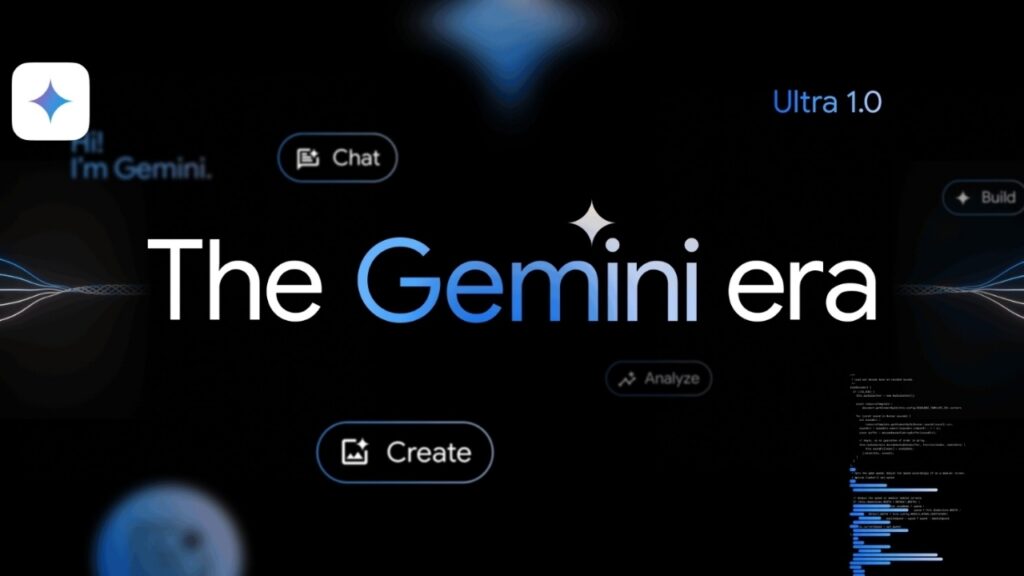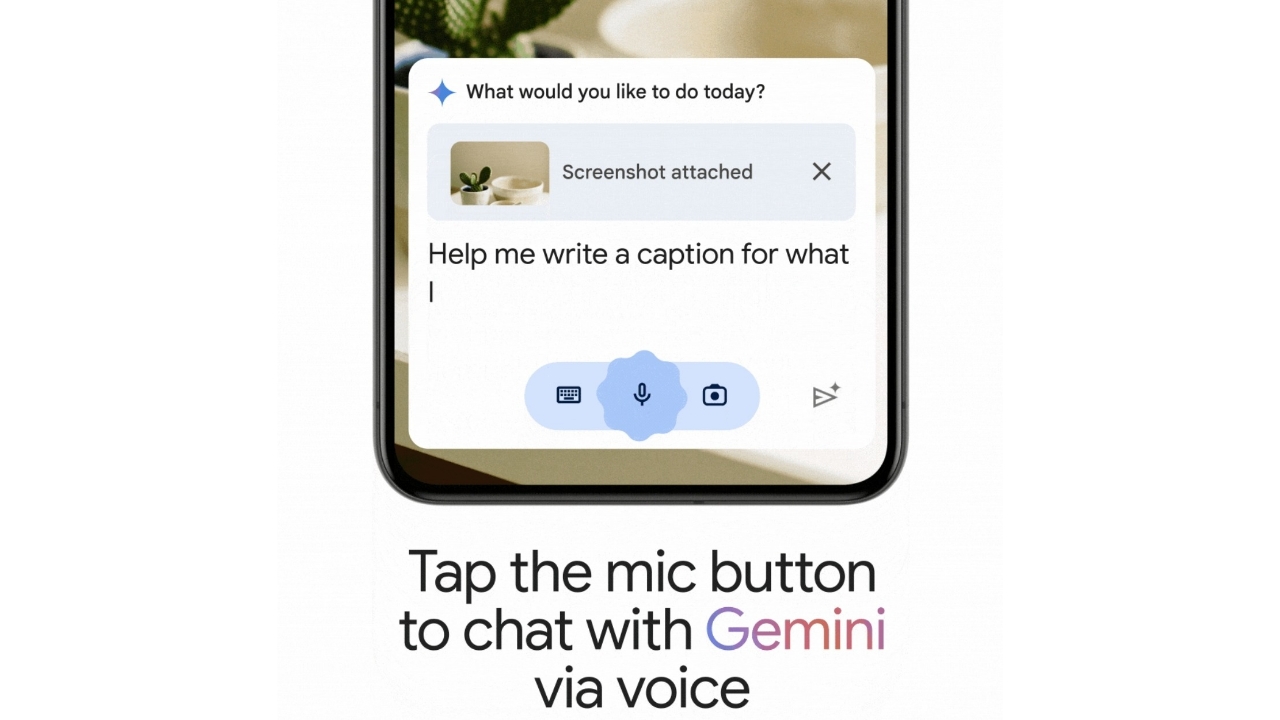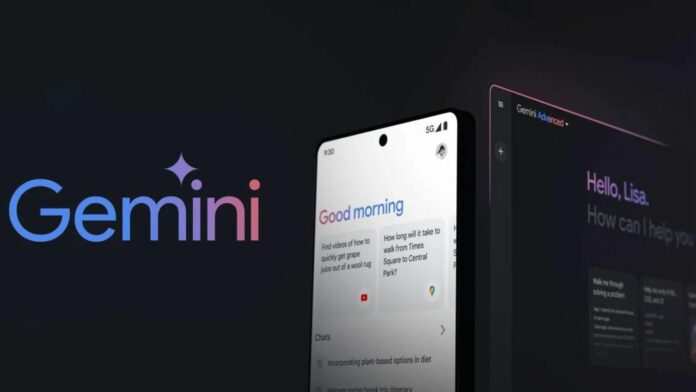Google Bard was a tough competitor for ChatGPT when it was launched last year. However, the search giant has now undergone a major overhaul and rebranded the chatbot to Google Gemini. Along with the name change, Google has introduced several new features and refreshed the existing ones. Here is a comprehensive list of all the changes that have been made from Google Bard to Google Gemini.
Google Bard becomes Google Gemini
Google has renamed Bard to Gemini, the same name it has given to its large language model, which powers the AI chatbot, and we’ll talk about it later. For now, Google says that “Bard has been the best way for people to directly experience our most capable models. To reflect the advanced tech at its core, Bard will now simply be called Gemini”. We feel Gemini is a much better name than Bard, not only in how it sounds but also in how it reflects Google’s aim with AI.
More Powerful Tech

The tech that is being used to power Gemini has also been upgraded significantly. Where Bard was earlier slated to get the Gemini LLM upgrade, it’s Gemini itself is now evolving to be more than just the models. “It supports an entire ecosystem — from the products that billions of people use daily, to the APIs and platforms helping developers and businesses innovate.”
Gemini has been designed to be natively multimodal, pre-trained from the start on different modalities. Then, it is fine-tuned with additional multimodal data to refine its effectiveness further. “This helps Gemini seamlessly understand and reason about all kinds of inputs from the ground up, far better than existing multimodal models — and its capabilities are state of the art in nearly every domain”, said Demis Hassabis, CEO and Co-Founder of Google DeepMind when Gemini was first announced last year.
In addition, Duet AI, which was powering AI features in Google’s other services, will become Gemini for Workspace, and soon, consumers with the Google One AI Premium plan can use Gemini in Gmail, Docs, Sheets, Slides and Meet. For Cloud customers, Duet AI will also become Gemini in the coming weeks. Gemini will help companies boost productivity, developers code faster, and organizations protect themselves from cyber attacks, along with other benefits.
Google Gemini has an app

Google’s major competitors, including OpenAI and Microsoft, already have their own AI apps available for Android and iOS users, giving them an advantage over Google. This made their AI chatbots more accessible than Bard, which could only be accessed via a website. However, Google has changed that now, as it has introduced a new Gemini App that is well integrated into the Android OS.
Not only that, but users can also access Gemini on iOS via the Google app. With Gemini on your phone, you can type, talk or add an image for all kinds of help while you’re on the go: You can take a picture of your flat tyre and ask for instructions, generate a custom image or ask for help writing a difficult text message. “It’s an important first step in building a true AI assistant — one that is conversational, multimodal and helpful”, says Google.
Gemini is a new kind of assistant that uses generative AI on Android. If you download the Gemini app or opt-in through Google Assistant, you can access it from the app or by holding the power button or corner swiping on select phones or saying “Hey Google.” These were the methods that earlier gave you access to the Google Assistant.
This will enable a new overlay experience that offers easy access to Gemini and contextual help on your screen — so you can, for instance, generate a caption for a picture you’ve just taken or ask questions about an article you’re reading. Many Google Assistant voice features will be available through the Gemini app — including setting timers, making calls and controlling your smart home devices — and Google says it is working to support more in the future.
On iOS, Google will roll out access to Gemini right from the Google app in the coming weeks. Gemini is rolling out in English on Android and iOS phones in the U.S. starting today and will be fully available in the coming weeks. Starting next week, you’ll be able to access it in more locations in English, and in Japanese and Korean, with more countries and languages coming soon.
Google Gemini is free, Gemini Advance comes for a price
Google Bard was available to everyone for free, and so will Gemini; however, what we didn’t have earlier was a paid subscription, but Gemini changed that too. Like Copilot Pro from Microsoft or ChatGPT 4.0 from OpenAI, Google also offers a paid subscription for an even more advanced version of Gemini with Ultra 1.0 LLM powering it.
As described by Google, it is the company’s “largest and most capable state-of-the-art AI model”. In blind evaluations with third-party raters, Gemini Advanced with Ultra 1.0 is now the most preferred chatbot compared to leading alternatives, claims the company.
Gemini Advanced is much more capable of highly complex tasks like coding, logical reasoning, following nuanced instructions and collaborating on creative projects. Gemini Advanced allows you to have longer, more detailed conversations and better understand the context of your previous prompts.
Google also says that it has a lot more planned with Gemini Advanced, such as new and exclusive features where users will have access to expanded multimodal capabilities, more interactive coding features, deeper data analysis capabilities and more. Gemini Advanced is available in more than 150 countries and territories in English, and it’ll be expanded to support more languages over time.
What Hasn’t Changed?
Google has kept some of the useful abilities of Bard with Gemini so users and publishers of content on the internet do not face inconvenience. Firstly, Google still allows completely free usage of Gemini, as we mentioned before. This means it isn’t forcing its users to pay to use Gemini.
In addition, Google still offers websites the ability to block its AI crawlers, which analyse websites for the purpose of training the LLMs. Bard already had an EDGE over ChatGPT as it could fetch more data through the Google crawler, whereas in comparison, OpenAI’s crawler blocker was being used more widely, as per reports, whereas ChatGPT has had fewer websites to go through for training data.


